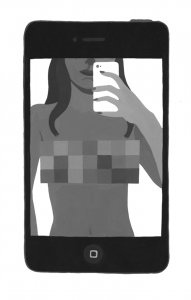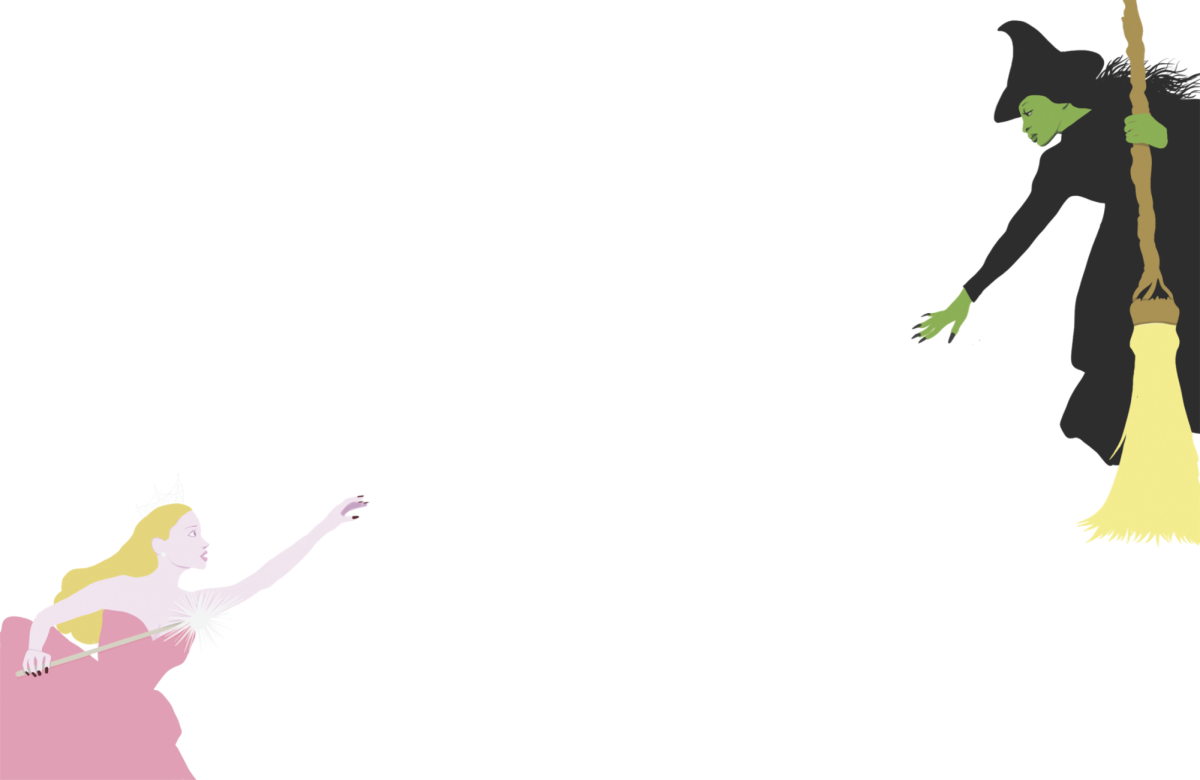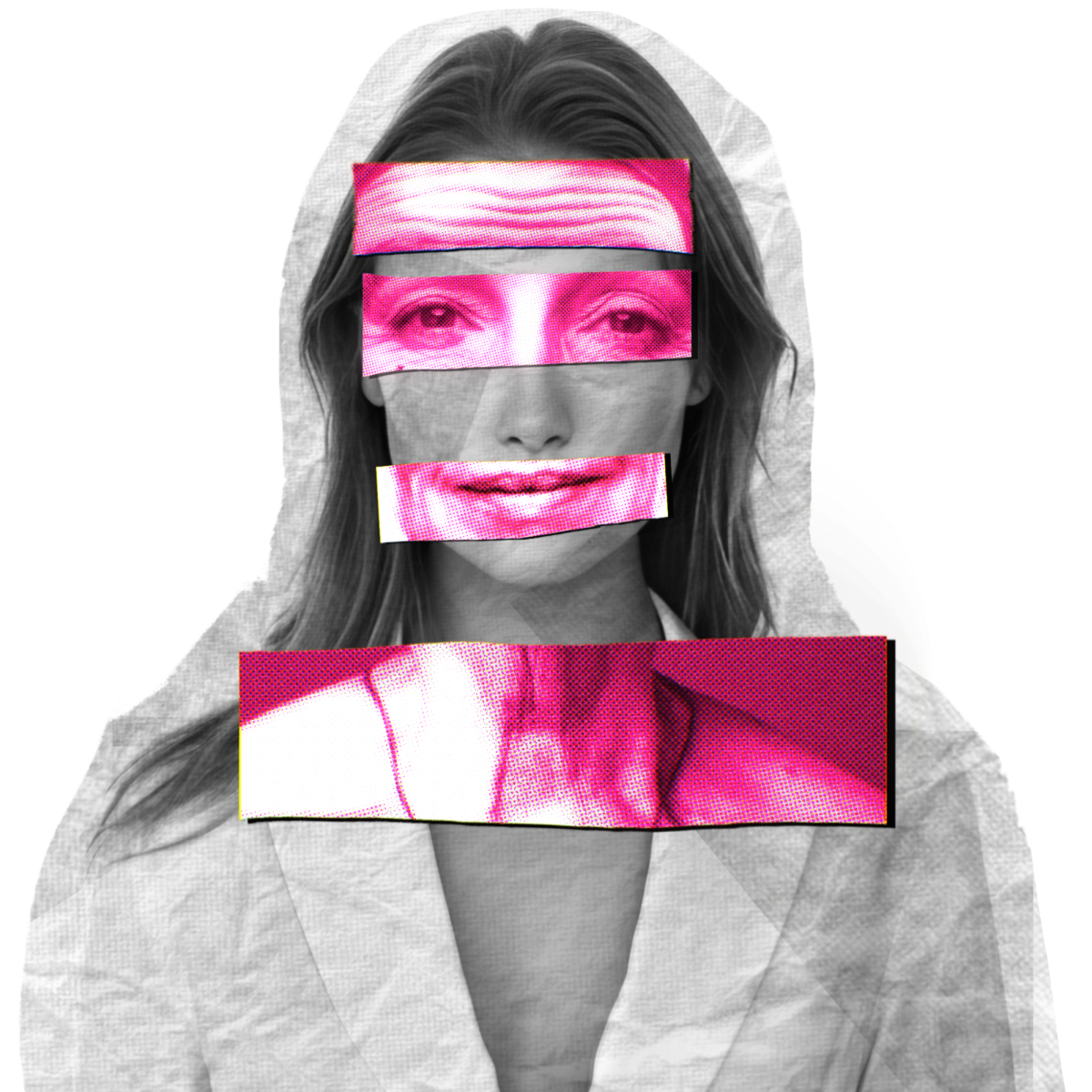“Sexting” – the act of sending sexually explicit messages or pictures through text messages or Internet messaging – has been all over the news and media.
From former New York Congressman Anthony Weiner’s uncensored Twitter upload, to film starlet Scarlett Johansson’s stolen frontal shot, we all know that sexting happens.
Because of the growing demand for camera phones and the development of new photo sharing apps, sexting has become increasingly popular among the younger generation.
A 2012 study done for the Brown University Child and Adolescent Behavior Letter showed that 22 percent of teenage girls and 20 percent of teenage boys have sent nude or semi-nude pictures of themselves over Internet networking sites or by text message.
One of these apps is Snapchat, developed by five Stanford University students in 2011.
Snapchat allows users to send videos or pictures for up to 10 seconds before they disappear from your phone. 
As the official Snapchat website advertises, Snapchat is a way to share images between friends.
“The image might be a little grainy, and you may not look your best, but that’s the point. It’s about the moment, a connection between friends, and not just a pretty picture.
The allure of fleeting messages reminds us about the beauty of friendship–we don’t need a reason to stay in touch.”
With over 350 million “snaps” sent each day, Snapchat sounds like a perfect storm for underage sexting.
For students, the idea of Snapchat sexting, and sexting in general, has mixed reactions.
“I wouldn’t do it,” said junior Jack Kinsler, “but it’s your body. If you want to show what your mama gave you then by all means…”
Hannah White, a junior as well, felt a little differently.
“It’s not a great idea because if the pictures got into the hands of someone else, it could be put up anywhere on the Internet.”
It is possible to “screenshot” the image that appears over Snapchat, but the sender will be informed.
The image will be saved into a photo album on the phone.
More recently, apps have been created specifically to store images in “locked” folders for extra discretion.
Another app, called Snap Save, is currently being marketed under the concept of saving Snapchat images without the senders knowledge.
Moreover, as most unassuming teenagers–sexters or not–would be shocked to hear, these photos don’t disappear after 10 seconds.
With some detective work and basic hacking skills, anyone can track down those photos, innocent or not.
Even the CEOs and founders of Snapchat insist that the app should not be used for sexting purposes.
Most of this information will not dissuade young smartphone owners from sending inappropriate photos.
But perhaps this information will.
“Underage sexting, no matter how consensual, violates both state and federal laws on child pornography.
These laws, however, do not distinguish between producing, possessing, or distributing explicit photographs–meaning that, as a minor, you can be punished for any participation in sexting at all.
By California law, if the receiver of the sext is underage, and the sender of the sext is 18 years or older, the sender can be charged with “a felony or misdemeanor and result in a sentence of up to three years in prison,” said attorney Stacie L. Patterson.
If the sender is then convicted, he or she may be ordered to register as a sex offender as well.
If the sender is under 18 years of age, the punishment can, but will not necessarily, be less severe.
“While the activity associated with juvenile sexting technically may violate criminal statutes, prosecutors must use discretion, vested with their position, to confront the activity appropriately. Every act violating a statute should not necessarily bring charges,” say Mark Bowker and Michael Sullivan, writers for the FBI Law Enforcement Bulletin.
Both Bowker and Sullivan, as well as many other law enforcement officials, believe that teenagers should not always be punished for unknowing mistakes.
Even so, every time you send, receive, or forward a sexually explicit picture, you run the risk of jail time and more.
In a world of incredible technological advancement, it is more prudent than ever to be careful about your uncensored endeavors.
As young adults, with so much of our lives ahead of us, it is our responsibility to protect ourselves from the dangers of a world where almost everything can be found by just a click of the mouse.
State law dictates the illegality of sexting, and our own moral judgment should be enough to tell us that it is wrong to keep or distribute these photos without direct consent.
So, before you press send or save, make sure you carefully consider the consequences of your choices.
Full Exposure: Scandals Surround Sexting and Snapchat
November 6, 2013
0
Donate to The Fourth Estate
$50
$500
Contributed
Our Goal
Your donation will support the student journalists of Laguna Blanca School. Your contribution will allow us to purchase equipment and cover our annual website hosting costs.

































